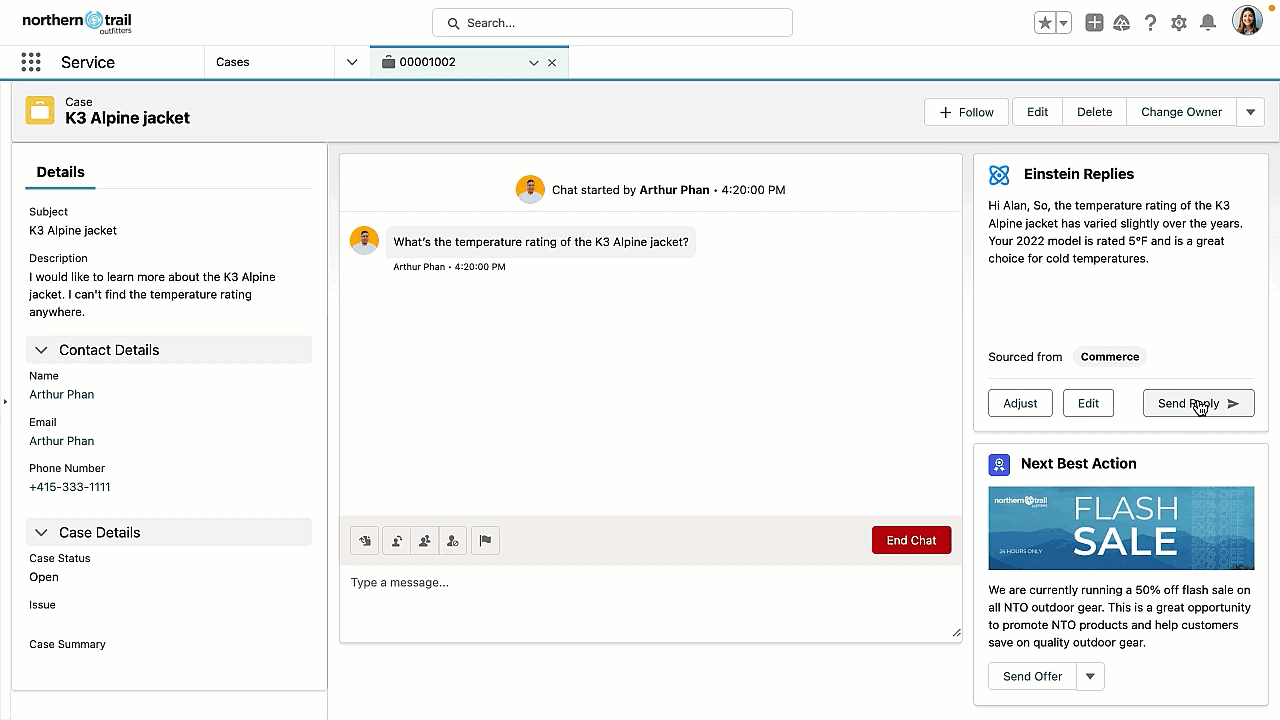The AI fixation has now come for one of the world’s most prolific inter-office communications programs. The Salesforce-owned Slack will soon allow your already particularly robotic-sounding coworkers to use ChatGPT to draft replies and comments. The real test will be trying to figure out if the boss you only hear from occasionally was actually just an AI-powered robot all along.
For all those folks using Slack to communicate within their company, like we do here at Gizmodo, you will soon be able to draft a reply to coworkers using ChatGPT. As if any of us could truly escape it, Slack users can also access the in-built ChatGPT app to summarize threads or research outside information directly in the app. Clicking on the triple dot icon in a thread and selecting “Summarize thread” or “Draft reply” will show a response that’s only visible to the user. You can then make the reply or summary public for those inside the company channel.
Salesforce said Slack ChatGPT will be available for download in the Slack App directory. A beta waitlist is available here.
Slack users can type “@Einstein,” the name of the Salesforce AI, to get it to list recent news or other outside info pertinent to the company. Still, all this is pretty ho-hum as far as AI integration goes. Salesforce staff said during a digital press conference ChatGPT creator OpenAI itself was first to implement its now-famed GPT system onto the company chat service. It remains unclear if Salesforce is using OpenAI’s newly implemented API plan or some other agreement. OpenAI has promised not to use company’s data — and by extension users’ data — for its own data set, but Salesforce did not respond to Gizmodo’s question whether user data gets fed into ChatGPT’s system.
The platform does allow companies to integrate other third-party AI systems into its cloud software, but OpenAI is contained “out of the box,” according to Salesforce. Based on the company’s demonstration, this new EinsteinGPT is being integrated into its sales system. This lets companies and salespeople tell the “Einstein Assistant” to draft advertising messages or those really emotionally-muted sales emails anyone working in any public-facing company has seen a million times before.
The company has used its proprietary Einstein model since 2016 to power sales prediction, customer support services, and — of course — its ad targeting features. Now that it’s adding modern AI models into the mix, you can expect to see a whole host of companies jumping at the chance to use AI-powered customer support bots.

According to the Salesforce’s demonstration, the new EinsteinGPT gives more Salesforce software suite users access to an Einstein customer support chatbot. This can incorporate outside information taken from OpenAI’s training model as well as internal company data. In the case shown above, an actual person is still needed to verify and potentially edit any support responses.
Of course, research shows most customers loathe support chatbots, especially those that don’t make it clear they’re software. Still, humans are falling by the wayside in digital customer support. Meta recently made it a subscription perk to gain access to a real human for any issues on its platforms.
Salesforce general manager of its service cloud Clara Shih routinely quoted Ben Parker saying “with great power comes great responsibility,” referring to the way that AI can often go far off the rails or cite inaccurate information. She said the company protected company and personal ID data, and built “ethical guardrails” into the EinsteinGPT.
As with so many instances of AI implementation, we’ll just have to wait and see how well those guardrails truly hold.
